
Toshiba EMI: Forever Obi Series #1
#06 Help! (AP-8151)
(Update: 17th. October 2024)

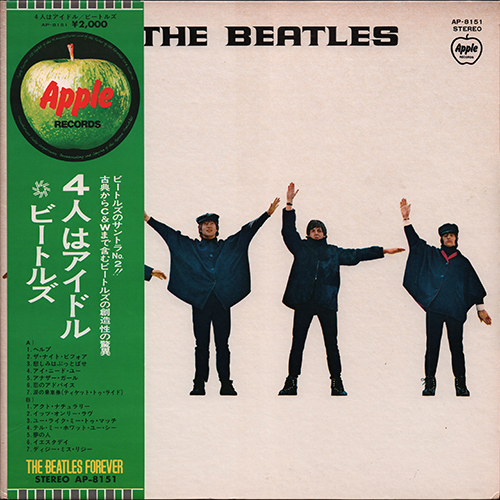 "Forever Series" 1st. Sleeve |
|
|
| TITLE | HELP! |
||||
| CATALOG NUMBER | AP-8151 |
||||
| RELEASE DATE | 1973 / Reissue |
||||
| TRACK LISTING | SIDE 1 | SIDE 2 | |||
| Help! |
Act Naturally |
||||
| The Night Before |
It's Only Love |
||||
| You've Got To Hide Your Love Away |
You Like Me Too Much |
||||
| I Need You |
Tell Me What You See |
||||
| Another Girl |
I've Just Seen A Face |
||||
| You're Going To Lose That Girl |
Yesterday |
||||
| Ticket To Ride | Dizzy Miss Lizzy | ||||
| FRONT --> Click! | BACK --> Click! | SIDE 1 --> Click! | SIDE 2 --> Click! | DISK --> Click! | |
 |
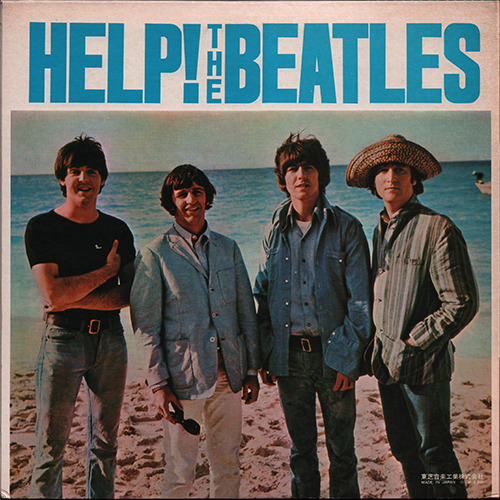 |
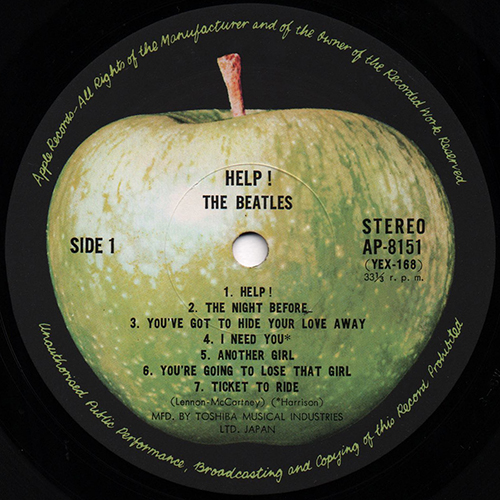 |
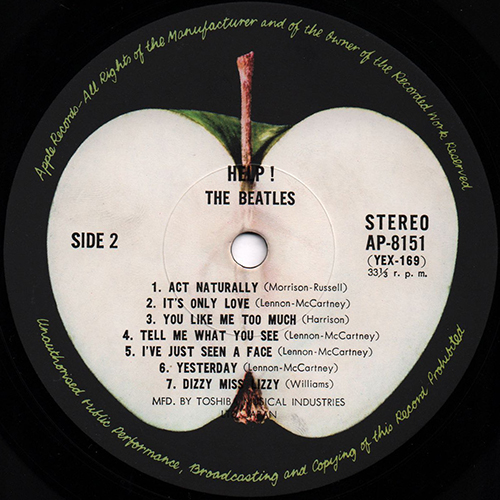 |
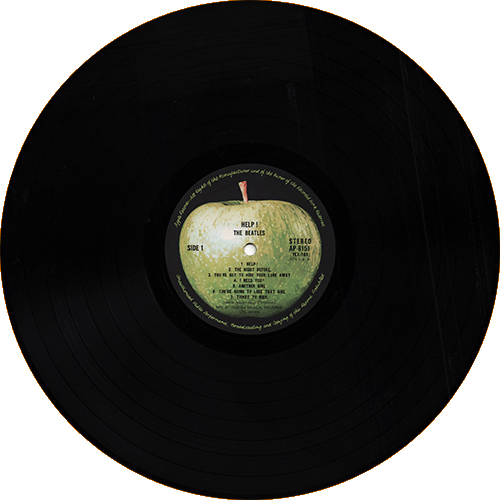 |
|
| INSIDE --> Click! | INNER SLEEVE | ||||
| FRONT --> Click! | BACK | The original Apple black inner bag |
|||
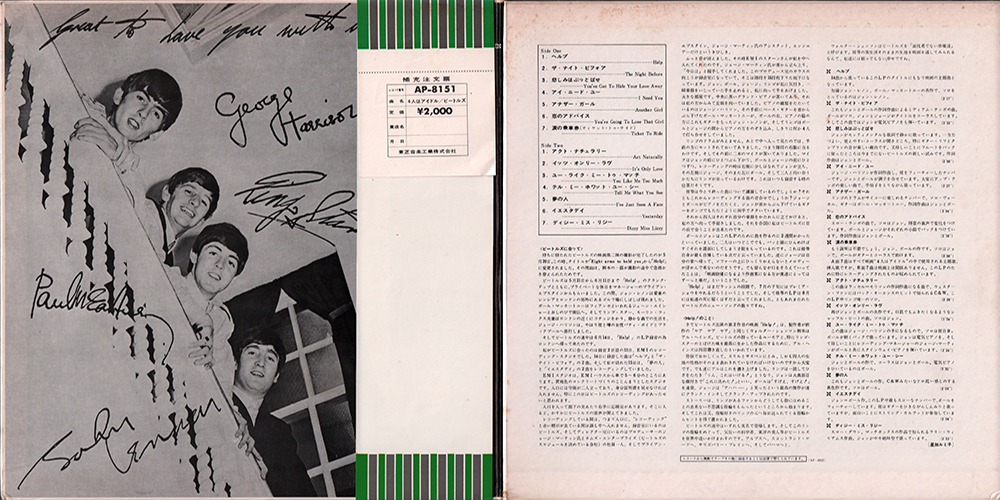 |
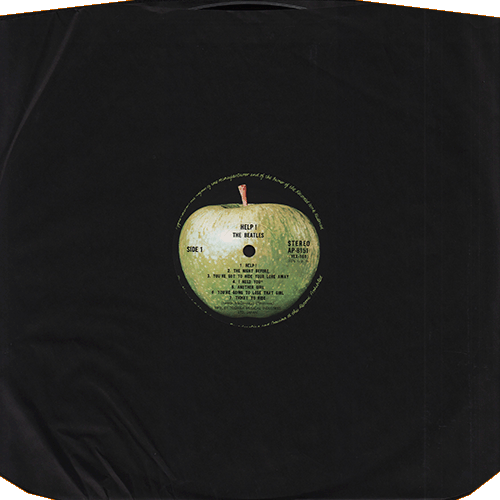 |
 |
|||
| BLYRIC SHEET (Slip type) |
FRONT & BACK CLOSE UP | ||||
| FRONT --> Click! | BACK --> Click! | FRONT COVER | BACK COVER | ||
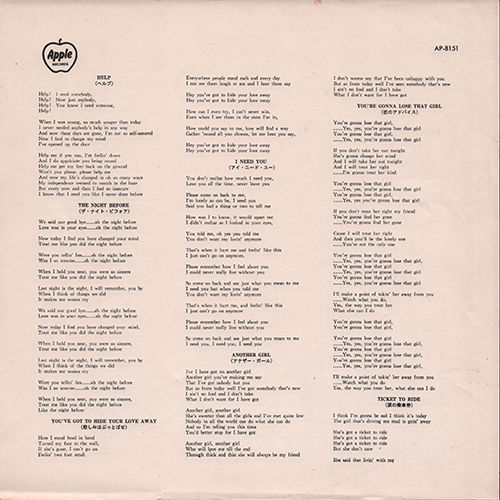 |
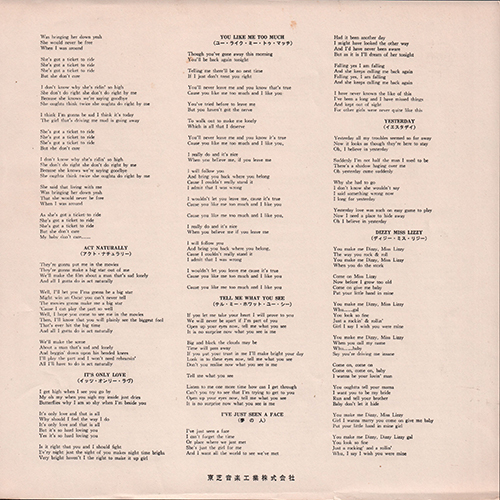 |
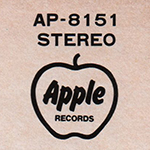 |
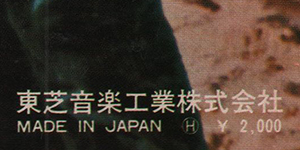 |
||
| "FOREVER" OBI: FRONT CLOSE UP | |||||
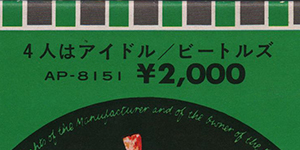 |
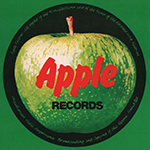 |
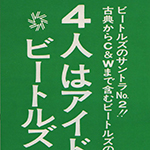 |
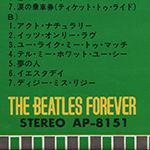 |
||
| catalog number and price "¥2,000" were printed at
the top on obi strip. |
It is a wide Obi characterized by the
Apple logo at the top, and has a dark green background. |
The
words "The Beatles Forever" was printed at the bottom. |
|||
| "FOREVER" OBI: BACK CLOSE UP | LYRIC
SHEET & INSIDE CLOSE UP |
||||
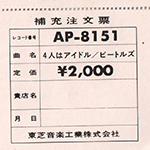 |
The obi remains
intactwith the order form on the back uncut. Price "¥2,000" and "Toshiba
Musical Industries Ltd." were printed on the obi strip. |
 |
 |
||
 |
"Toshiba Musical Industries
Ltd." were printed on the lyric sheet. Liner notes: Rumiko Hoshika |
||||
| LABEL CLOSE UP | |||||
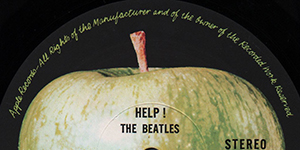 |
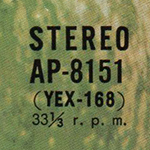 |
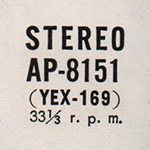 |
Light green apple label. The phrase "Apple Records - All Rights of the Manufacturer and of the Owner of the Recorded work Reserved." was printed at the perimeter. |
||
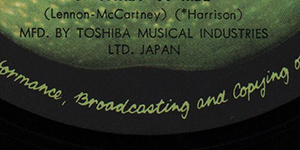 |
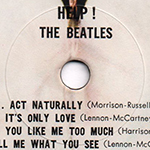 |
The words "MFD. BY TOSHIBA MUSICAL INDUSTRIES LTD. JAPAN" was printed at the bottom of the label. | |||
| LABEL CLOSE UP | |||||
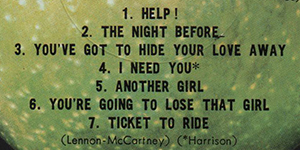 |
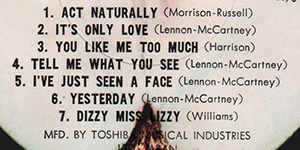 |
Song titles were printed
in narrow sans-serif font on the label. |
|||
|
OTHER ITEM
|
|||||
| - | |||||
| RECORD LABEL | Light Green Apple label Type-2-1 |
||||
| MIX | STEREO |
||||
| MATRIX No. | SIDE 1 | YEX-168 |
|||
| SIDE 2 | YEX-169 |
||||
| PRESS MARK | |||||
| VINYL COLOR | BLACK |
||||
| RECORD COMPANY'S NAME | SLEEVE | Toshiba Ongaku kogyo Kabusikigaisha |
|||
| LABEL | MFD. BY
TOSHIBA MUSICAL INDUSTRIES LTD. JAPAN |
||||
| SYMBOL/PRICE | H -
¥2,000 |
||||
| LYRIC SHEET STYLE | NONE |
||||
| COVER FORM | Gatefold type.. No laminated hard cover. Non flipback cover. | ||||
| INNER SLEEVE |
Apple
black Inner bag |
||||
| OBI |
"FOREVER" Obi (¥ 2,000 / Toshiba
Onko) Wide Obi characterized by the Apple logo at the top, and has a dark green background. |
||||
| COVER DESIGN/ PHOTO/ NOTES | Photography Robert Freeman Liner Notes: Rumiko Hoshika |
||||
|
COMMENTS
|
Light green Apple
label Type-2-1with black print. In late (September?)1969, Toshiba had to reissue on the Apple label all the records previously issued on the Odeon label. And in the Apple label, there are two subtypes, TOSHIBA MUSIC and TOSHIBA EMI. Further more, the early copies of the APPLE-TOSHIBA MUSIC type have dark Apple on its label, though the late copies have light one. Released in a gatefold sleeve with The Beatles Forever obi, lyric insert, and black inner sleeve. Liner notes: Rumiko Hoshika. Japanese music critic and lyricist. Born in 1940 in Hokkaido. She was the first editor of the Japanese music magazine Music Life, and has translated several books on The Beatles and Led Zeppelin into Japanese. The obi: "Forever" Obi This style Obi came into use in the late (October?) 1972 to promote all Beatles releases then currently on the Apple label. The tagline "Beatles Forever" used in Toshiba Onko's campaign began to be used around 1972. It is a wide Obi characterized by the Apple logo at the top, the words "The Beatles Forever" at the bottom, and has a dark green background. This is the first obi that was released with the same design.Forever obi was used in the early 70's, and used for the Beatles, solos, and Apple artist LPs. On 1st October 1973, Toshiba Musical Industries Ltd. was changed its name to Toshiba EMI Ltd. So, there were two kind of Obis --the company name is "Tohiba Musical..." version and "Toshiba EMI..." version. The order sheet was printed for the first Apple Obi but was discontinued in the early years of the Toshiba EMI/Apple Obi (maybe 1974) |
||||